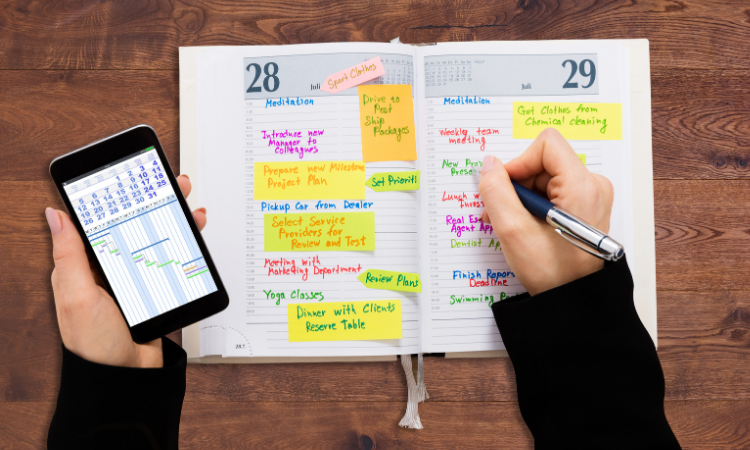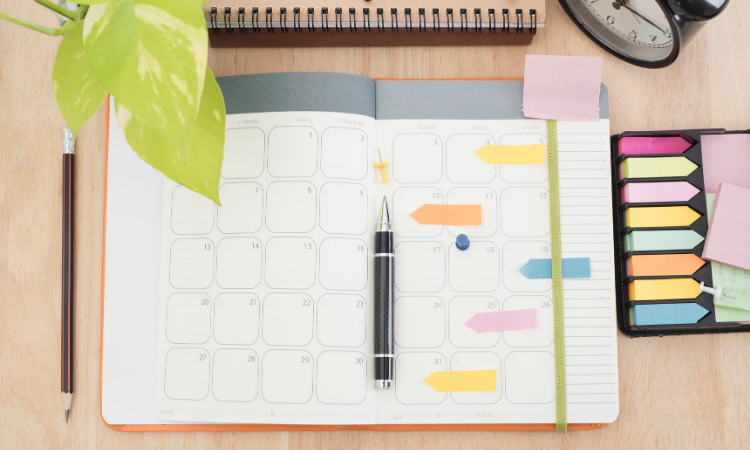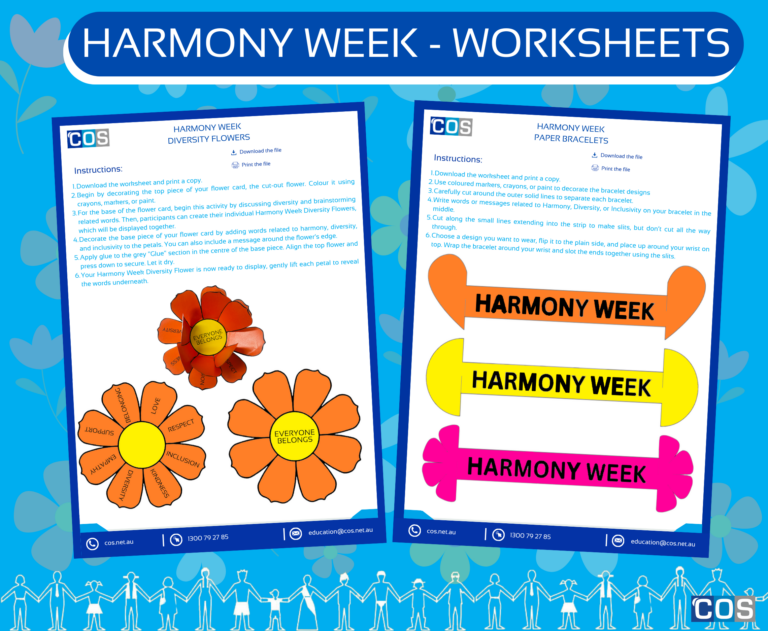From the office worker to the entrepreneur to the stay-at-home parent, everyone needs an effective system to plan and organise their professional and personal life.
In the past, daily or weekly diaries were in paper form only, but the invention of the mobile phone meant that many people switched to using a digital organiser or online calendar to organise their events, tasks and goals. Sure, it makes sense – having an app built into your mobile means that your diary is always in your pocket, and since it is stored in the cloud and easily accessible on all your devices, you don’t have to worry about forgetting it, or leaving it on the train during your morning commute.
There are many science-backed advantages to owning a physical paper diary that trump the benefits of a digital diary, whether you are naturally a well-organised person or you need a little help to stay on track. From mindfulness to memory and motivation, here are 7 science-backed reasons why you need a paper planner.

1. To-Do Lists Trump Reminders
Your brain loves physically crossing items off a list. There is something so undeniably satisfying about it! You may think it helpful to automatically receive task reminders to your phone, but don’t be fooled – most people simply swipe that annoying reminder off their screen or press ‘ignore’. Why? Because at the moment they receive the digital task reminder, they are usually focussing on a different activity, and therefore see it as an interruption. By using an old-fashioned written checklist instead, you are more likely to check these items off your list – and at the end of the day, you will feel more satisfied having completed it. According to psychologist and author Dr David Cohen, physically crossing something off a to-do list lowers anxiety and gives a sense of accomplishment and structure that is essential in getting things done. Break those large goals down into smaller, more manageable tasks on your to-do list, and you will be completing those larger goals in no time.
2. Less Distraction
Did you know that the average mobile phone user gets an average of more than 63 notifications per day? How often have you gotten accidentally distracted by a notification and ended up being sucked into mindlessly scrolling through Instagram or Facebook… for hours? With digital calendars, we are at risk of being distracted by the endless barrage of social media notifications and irrelevant information served up by the digital world. With a paper diary, it is much easier to be organised without the threat of a digital black-hole lurking around the corner every time you look at your schedule. Use your digital calendar only to set reminders for time-specific scheduled events like meetings and seminars, and avoid using it for your task-list and goals.
3. Improved Memory
Writing things by hand results in much better fact recall and retention. Science has found that compared to typing, when writing by hand we actually remember more. According to Psychologist Dr Virginia Berniger from the University of Washington, writing by hand improves the memory and understanding of facts and concepts. Her research found that people who type instead of using pen and paper, are at risk of “mindless processing” of information, and won’t be able to recall as much. No wonder teachers encourage kids to use an old fashioned notebook instead of typing out their notes!
4. Motivation and Can-do Attitude
Our brain believes the words we tell ourselves. The science of self-talk shows that by talking to yourself in a positive and motivated way you can actually alter your internal view of yourself, making you more capable of achieving your goals. Writing down your tasks does more than just boost your confidence. According to cognitive neuroscientist Dr Branch COSlett, imagining yourself doing something has the same effect over your brain as actually doing it. So, if we write down what we have to do for the day in a diary, we psychologically trick ourselves to be more positive and motivated to complete it.
5. Accountability
In the same way that motivated self-talk makes us more able to reach our goals, research shows that people who write down their goals by hand are much more likely to achieve them. One study from Dr Gail Matthews at the Dominican University of California found that people who wrote down their goals on a regular basis, shared them with others, and maintained accountability for them were 42% more likely to achieve them, versus those who just formulated goals in their head. Physically writing down your goals in your diary will keep you accountable to complete them.
6. Lower Stress
Many studies show a link between mindfulness and writing things down by hand. Journaling is often used as a tool in therapy, and one study from the International Society for Traumatic Stress Studies found that writing by hand led to greater therapeutic benefits than typing. Lower stress equals better cognitive functioning and a stronger immune system, and helps to avoid premature aging and reliance on unhealthy coping mechanisms like smoking and drinking. In your diary, prioritise first those tasks that are overwhelming you or making you feel stressed. Using the colour-coded Japanese bullet journal technique (or another personalised planner system) can be a great tool to keep your mind uncluttered and stress-free. The meditative joy of writing things down by hand will help you feel more mindful, organised and balanced.
7. Develop good habits
A paper diary is only effective if you use it every day, but developing good habits takes time! Don’t expect yourself to be an expert on day one. According to a study from the European Journal of Social Psychology, it takes an average of 66 days for a new behaviour to become an automatic habit. There are a few things you could do to help make that habit stick. Keep your planner in a visible location, and set the intention that you will use it every day. Use it at the end of each day to check what you have achieved and plan for the following day, and every morning before you start work. Reward yourself each time you sit down and use it, with your morning coffee or afternoon treat.

How to Make the Most Out of Your Paper Diary
- Keep to-do lists and cross tasks off as soon as you complete them
- Break bigger goals down into smaller, more achievable tasks
- Use your digital calendar only to set alerts for time-specific scheduled events (like meetings and seminars)
- Write down your goals regularly and share them with others to keep yourself accountable
- Prioritise first tasks that are overwhelming you or making you feel stressed
- Use the colour-coded decorative Japanese bullet journal technique in your paper diary
- Design your own personalised planner system that will suit you best
- Use your planner at the end of each day, and every morning before you start work
- Reward yourself with a coffee or snack when you use it, to help your habit stick

